Homeownership Month: 10 Things to Consider Before Buying or Refinancing a Home
To celebrate National Homeownership Month, we're sharing educational resources for homebuyers and homeowners written by some of our closest partners.
2 min read
 Guest Blogger
:
10:30 AM on June 17, 2019
Guest Blogger
:
10:30 AM on June 17, 2019
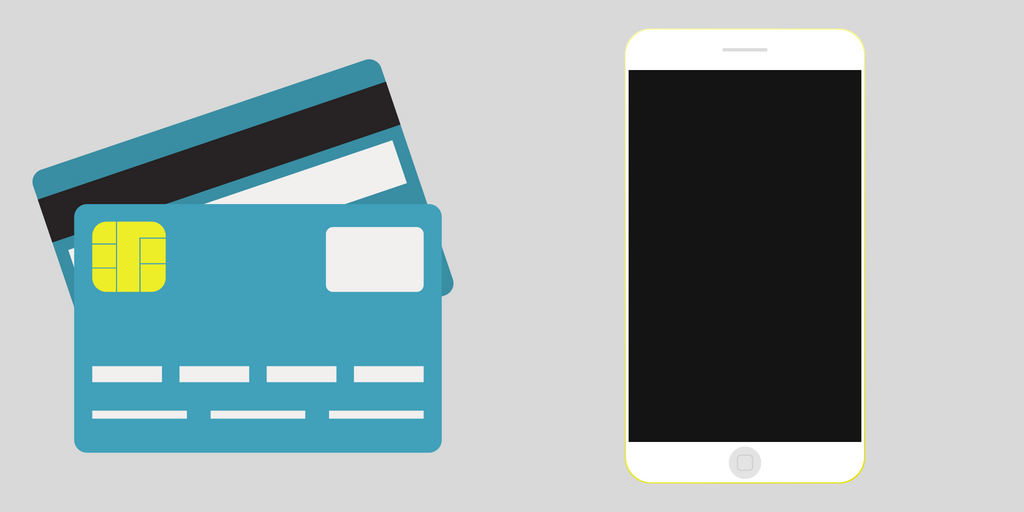
To celebrate National Homeownership Month, we're sharing educational resources for homebuyers and homeowners written by some of our closest partners. This post was provided by Sunrise Banks. In addition to sponsoring homebuilding projects, Sunrise Banks currently provides underwriting and origination services for new Twin Cities Habitat home loans.
Becoming a homeowner is an exciting rite of passage.
But buying a house is also a complicated process that includes reams of paperwork, legal jargon and a formidable test of one’s financial stability. Before taking the first steps into their new home, buyers need to go through the loan approval process to make sure they qualify for a mortgage and can afford the house they plan to make a home. What goes into the loan process? There’s no simple answer. The mortgage approval process takes into consideration a number of variables. However, there is a set of criteria universally used to determine a borrower’s eligibility. It’s known as The Four Cs of Credit: Character, Capacity, Capital and Collateral.
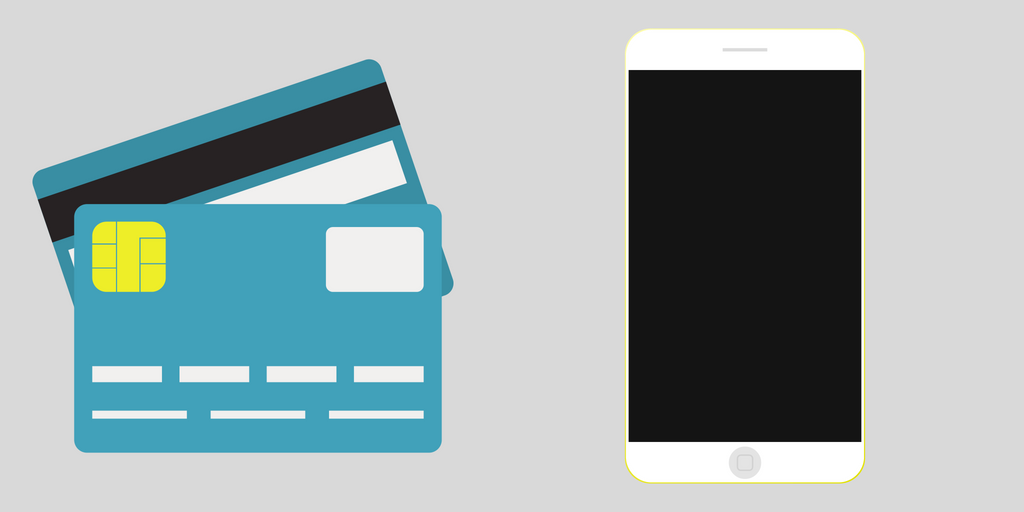
Character takes into consideration the borrower’s credit score and bill payment history. The higher your credit score, the more willing a bank is to lend to you. Debt and late payments hurt a credit score. A borrower with a credit score of 700 or higher is a strong candidate for a mortgage loan.
It’s a good idea to refrain from opening and closing accounts during the home-buying process, as this can greatly impact your credit. Making payments on time and keeping credit card balances low will help increase your credit score, too.
Capacity refers to a borrower’s ability, or ‘capacity,’ to pay a loan back. Banks will study a potential borrower’s salary, expenses, and tax returns to determine whether someone has the resources necessary to pay a mortgage. Ultimately, the bank wants to know how much house you can afford given your current financial situations.
Capital is the money a borrower will use to cover a down payment and closing costs. Lenders look at checking and savings accounts to confirm a borrower has the funds to make these payments. Owned properties, investments, and other assets may be taken into account as well.
During a capital check, lenders will also look into a borrower’s saving ability. This way, they can be sure the borrower is able to save money responsibly in order to make monthly payments.
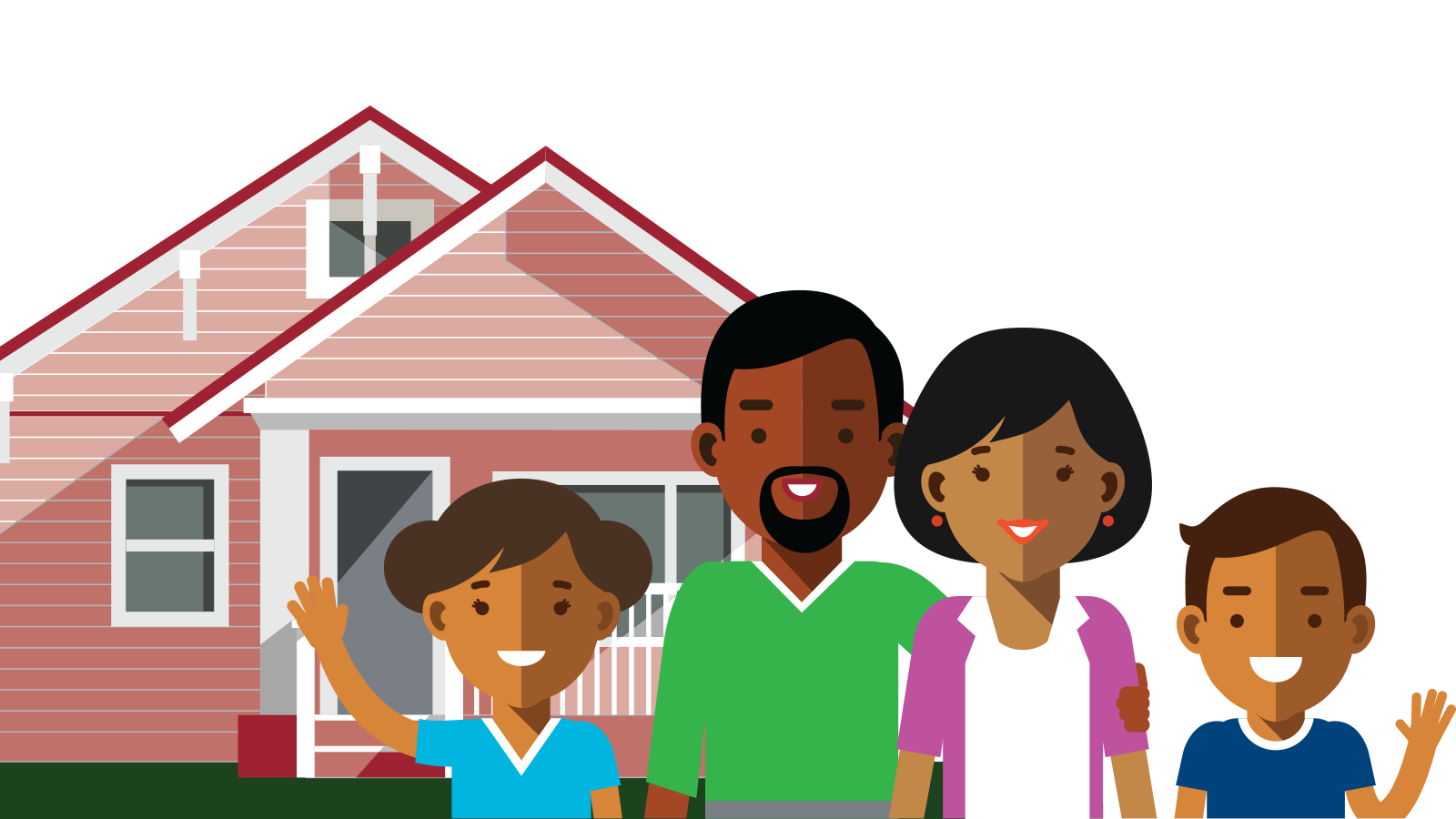
Collateral is the value of your house. During the loan approval process, the bank appraises the property you’d like to buy to make sure it’s worth what it’s being sold for. An appraisal is done to ensure the house’s value is enough to cover the mortgage in the case of foreclosure.
In addition, an appraisal helps gauge whether or not the loan amount being asked for makes sense. If a home is being sold for $250,000, but only worth $200,000, a lender will likely want to provide a smaller loan to mitigate risk.
There you have it, the four Cs of mortgage lending in a nutshell. Studying these four areas of your finances will help get you on the road to homeownership. Being cognizant of personal financial health is a must for first-time home buyers.
For more information on the homeownership journey and things you should consider, check out Sunrise Banks.
About Sunrise Banks
Sunrise Banks, N.A., based in St. Paul, Minnesota, seeks to radically change the way urban communities and underserved people thrive by empowering them to achieve their aspirations. Sunrise is certified by the U.S. Treasury as a Community Development Financial Institution (CDFI), a designation earned by approximately 100 banks nationwide. Sunrise Banks is also a member of the Global Alliance for Banking on Values and is a certified B Corp for its demonstrated commitment to transparent corporate governance and positive community impact. Learn more at sunrisebanks.com. Sunrise Banks is Member FDIC and an equal housing lender.
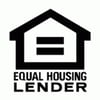
Your gift unlocks bright futures! Donate now to create, preserve, and promote affordable homeownership in the Twin Cities.
-1.jpg)
To celebrate National Homeownership Month, we're sharing educational resources for homebuyers and homeowners written by some of our closest partners.
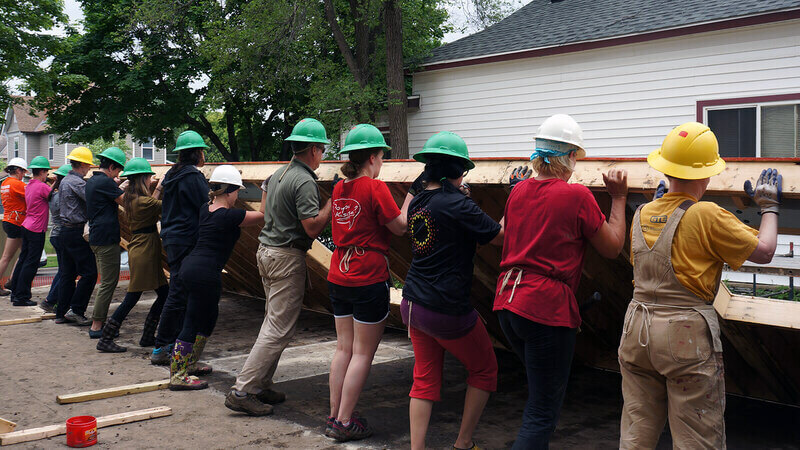
While our Twin Cities Habitat for Humanity team handles all the face-to-face work with Homeownership Program clients, we have a key partner working...

To celebrate National Homeownership Month, we're sharing educational resources for homebuyers and homeowners written by some of our closest partners....